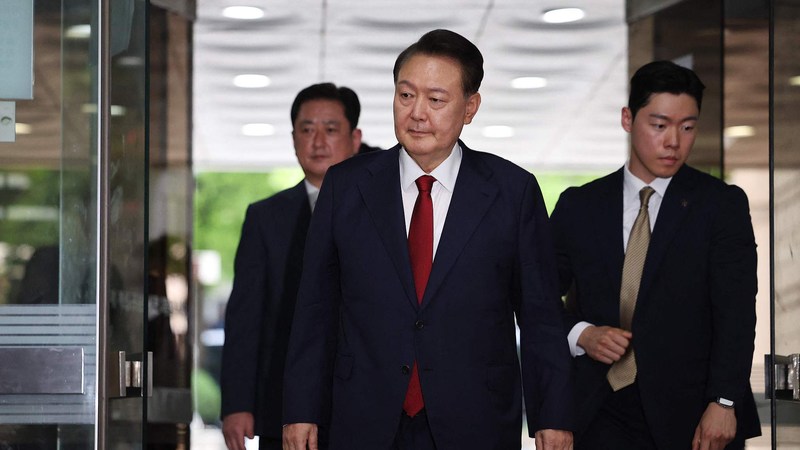Unprecedented Indictment Rocks Seoul
Last Saturday, South Korea saw history as former President Yoon Suk-yeol faced formal charges of abuse of power over his controversial martial law declaration in December. Prosecutor Park Ji-young announced the indictment, which also includes obstruction of special official duties and drafting a false document to claim that top officials backed his order.
A Timeline of Turmoil
On December 3, Yoon stunned the nation by deploying troops to parliament to block lawmakers seeking to overturn his martial law decree. In January he became the first sitting president to be taken into custody after resisting arrest and using his security detail to impede investigators. Though released on procedural grounds in March, he was detained again last week when a court approved a new arrest warrant amid fears he might destroy evidence.
Legal Hurdles and Solitary Confinement
Yoon has refused questioning since his recent detention but appeared in court to fight the warrant denial. His legal team cited challenges with his mobility during his 30-minute defense. Now held in solitary in a cell with only a fan amid a searing heat wave, the ex-president faces an uphill battle as his trial on insurrection charges unfolds.
Repercussions for Democracy
This dramatic saga raises pressing questions about checks and balances, civilian rule, and the resilience of democracy in one of Asia's leading economies. For young global citizens, tech entrepreneurs, activists, and culture fans alike, Yoon's case is a vivid reminder that the rule of law remains central to political stability and public trust.
Reference(s):
cgtn.com



